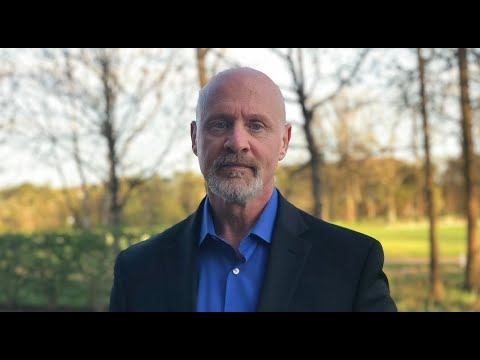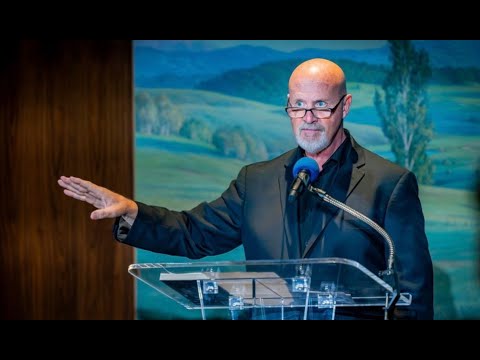Japan’s top government COVID-19 adviser says Tokyo Olympic and Paralympic games organisers have a “responsibility” to determine whether the games go ahead, warning, “the decision cannot be made at the last minute”.
Key points:
- The organisers say they have 80 per cent of the medical staff they need to run the games
- IOC vice-president John Coates says the games will be safe for participants and the people of Japan
- IOC president Thomas Bach said national delegations would bring extra medical staff
Shigeru Omi is an infectious disease expert who heads a government subcommittee on coronavirus.
He made the comments during a parliamentary committee meeting, suggesting the impact of the games on Japan’s medical system must be scrutinised.
The warning comes on the same day the final IOC coordination commission meeting came to a close in Tokyo with the organising committee officially transitioning to “delivery mode”.
IOC officials and Tokyo organisers were peppered with questions from both local and international media about recent polls suggesting less than 15 per cent of the Japanese public want the games to go ahead.
There is also mounting discontent from the medical sector and private enterprise.
Chairman of the commission and IOC vice-president, Australian John Coates, remained resolute.
“I can say it’s now clearer than ever these games will be safe for everyone participating and, importantly, safe for the people of Japan.”
Reuters: David Gray
)He was asked by the Yomiuri Shimbun newspaper why Japan had to “make the games work” in the face of “unprecedented operations and unprecedented outcry”.
“These are unique circumstances,” Coates said.
“We’ve never had a postponed games before, we’ve never faced a pandemic like this before.
“Why are we doing this? We are doing this for the athletes.
“We’re doing this so they can fulfil their dream of participating at an Olympic games.
“That’s what our role at the Olympics is, to give the athletes the opportunity to do their best.
“I am not deterred in any way, the most important thing for me is — provided we can look after the safety of the Japanese public — the most important thing is to give these athletes the opportunity to compete.”
The president of the organising committee, Seiko Hashimoto, said they have secured around 80 per cent of the medical staff they need to service the games with eight weeks remaining.
She said they will try to encourage retired nurses to volunteer to fill the remaining vacancies.
“We can ask for their cooperation so that we can secure personnel so that it does not jeopardise the local and regional medical systems.”
Earlier in the week, IOC president Thomas Bach countered criticism from various medical groups in Japan by promising more medical personnel would attend the games as part of national delegations.
There was no further detail on how that plan would work and what access visiting medical practitioners would have to facilities and equipment.
Reuters: Denis Balibouse
)The Japan Times reports officials and workers at both the Olympics and Paralympics, expected to number around 78,000, will be required to self-collect saliva samples for regular testing.
Around sixty locations will be identified as drop-off locations, with results expected within 24 hours.
“To prevent tampering, the organisers are considering having officials and workers collect samples together in a group and supervise each other,” the report said.
The IOC is confident that when the games begin, the negativity in Japan and around the world will shift as nations cheer on their athletes.
Such attitudinal shifts have happened in the past, but there is no guarantee it will happen in the middle of a pandemic.






